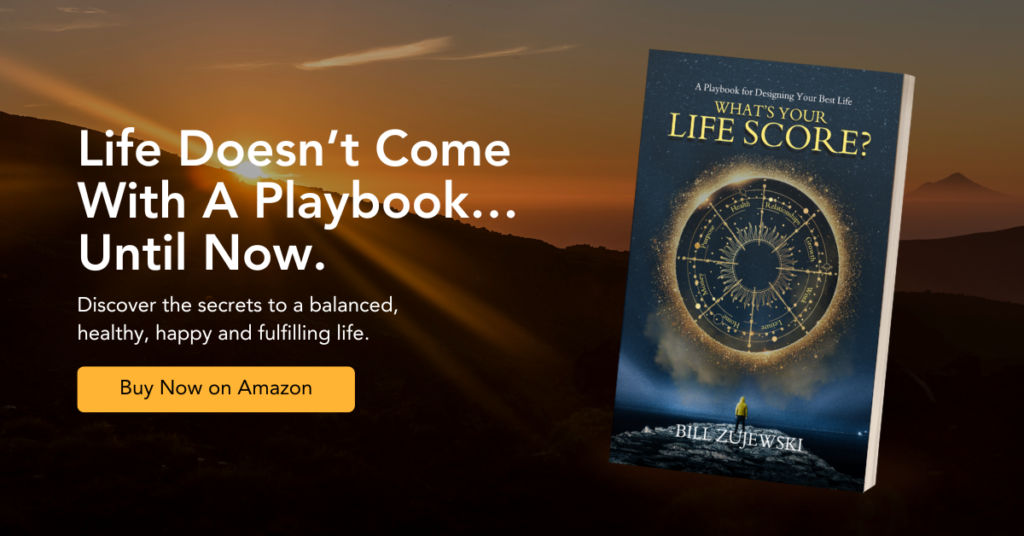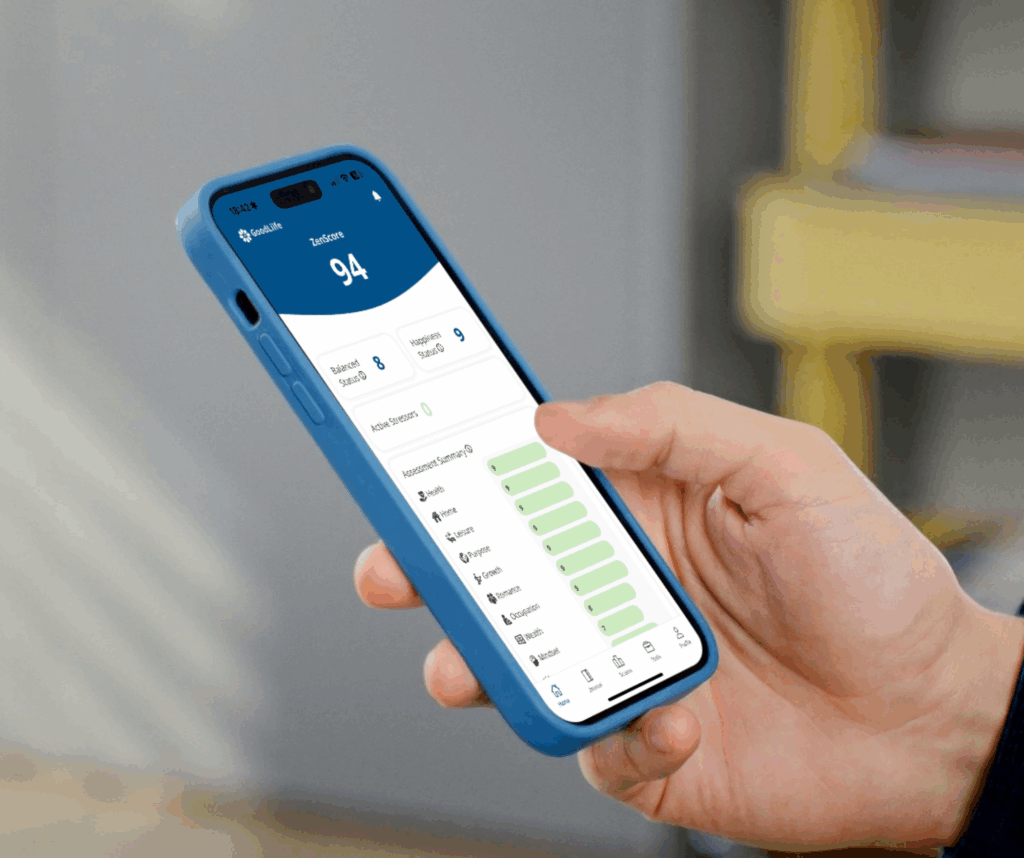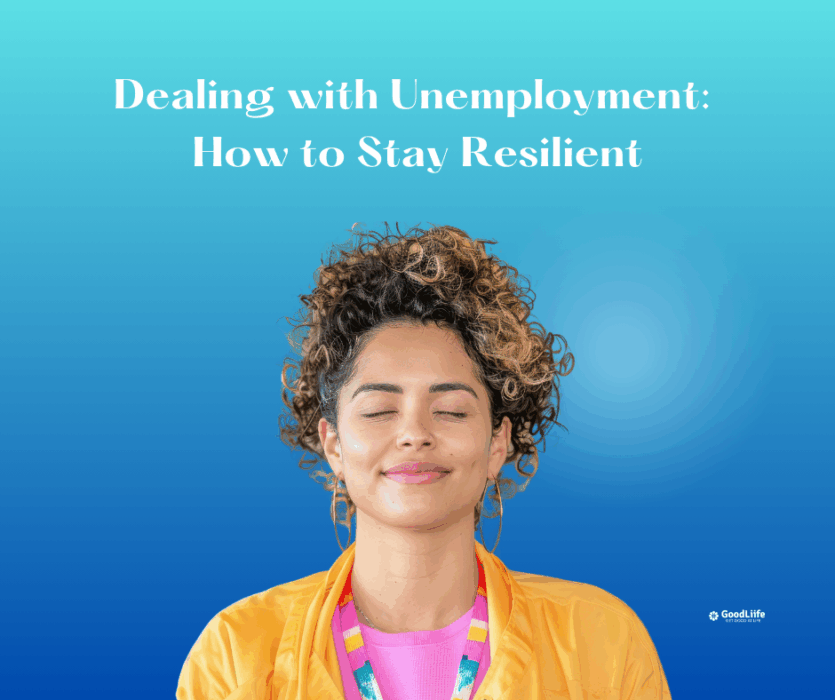Unemployment can shake your confidence, routines, and even your sense of identity. Whether you were laid off, let go, or voluntarily stepped away from work, it’s normal to feel disoriented. But this period, as painful as it may be, can also be transformative. It’s a rare chance to pause, reassess, and realign your life with what truly matters.
This guide is designed to help you stay emotionally resilient and mentally strong, while also rebuilding structure and purpose. You’ll learn how to manage your mindset, take strategic steps forward, and rediscover your worth beyond a job title.
Whether you’re actively job hunting or taking time to reset, remember: this chapter is temporary—but how you navigate it can change everything.
1. Acknowledge the Emotional Impact
The first step in dealing with unemployment is acknowledging the range of emotions that come with it. You might feel shock, anger, embarrassment, or even relief. All of these reactions are valid.
What to do:
- Don’t bottle it up—talk to someone you trust.
- Journal your thoughts to process them privately.
- Allow yourself time to grieve the loss of your routine and identity, but don’t stay stuck there.
2. Reset Your Routine
Losing structure is one of the hardest parts of unemployment. Without a schedule, days can blend together, which can affect your motivation and mental health.
Resilience Tip:
Create a daily schedule that includes:
- Job searching
- Skill-building activities
- Exercise or movement
- Rest and relaxation
- Social interaction
This structure reinforces purpose and keeps you mentally active.
3. Reframe the Narrative
Instead of seeing unemployment as failure, try to view it as a reset. Many people use this time to pivot careers, start a business, or return to school.
Ask yourself:
- What was no longer working for me in my last job?
- What do I really want out of my next role?
- Is this an opportunity to do something I’ve always put off?
Reframing your unemployment as a growth phase can lead to better long-term outcomes.
4. Focus on What You Can Control
When you’re dealing with unemployment, it’s easy to get overwhelmed by what you can’t control—like the job market or other people’s opinions. Redirect your focus to things you can influence.
What you can control:
- Your daily habits
- How you show up in interviews
- What skills you choose to learn or sharpen
- Your emotional response
Even small wins build momentum and increase confidence.

5. Upskill Strategically
Use this time to learn skills that make you more competitive. Many platforms offer free or affordable courses in high-demand areas like digital marketing, data analysis, coding, and project management.
Top free platforms:
- Coursera
- edX
- LinkedIn Learning
- Google Skillshop
Proactive learning shows employers you’re invested in your own growth.
6. Network With Purpose
Most job openings aren’t listed online—they’re shared within networks. Reach out to former colleagues, friends, or professional groups to let them know you’re exploring new opportunities.
Tips for effective networking:
- Update your LinkedIn profile
- Attend virtual meetups or industry webinars
- Ask for informational interviews
- Offer to help others—generosity builds goodwill
7. Protect Your Mental Health
Unemployment can trigger anxiety, depression, or a loss of self-worth. Make mental health a daily priority.
What helps:
- Regular movement or walks outdoors
- Practicing mindfulness or breathing exercises
- Limiting doom-scrolling on social media
- Speaking with a therapist or counselor if needed
You’re not alone—and seeking support is a strength, not a weakness.
8. Keep Purpose Alive
Even without a job, you can live with purpose. Volunteer, start a passion project, mentor someone, or help a neighbor. These actions remind you that your value isn’t tied to a paycheck.
GoodLiife Score Tie-In: Stay Balanced in Every Category
When you’re dealing with unemployment, it’s not just your work life that’s disrupted—it can affect everything from your sleep and stress levels to your sense of purpose and relationships. That’s where the GoodLiife Score App becomes a powerful ally.

The app helps you self-assess across eight interconnected life categories:
- Health – Are you getting enough sleep, exercise, and nourishment?
- Environment – Is your space clean, safe, and calming?
- Leisure – Are you still finding moments to relax and enjoy life?
- Purpose – Are you anchored to goals that give your days meaning?
- Growth – Are you learning, improving, or gaining new skills?
- Relationships – Are you supported by friends, family, or a community?
- Occupation – Are you working on future opportunities or projects?
- Wealth – Are you managing your finances wisely during this time?
By tracking your GoodLiife Score weekly or monthly, you gain a holistic view of your well-being—not just your job status. The app allows you to set intentions, track micro-habits, and reflect inside your personal LiifeBook. It’s like having a self-coaching system in your pocket.
Especially during transitions, this self-awareness can help you stay balanced, hopeful, and in motion.
Conclusion: You’re In Transition—Not Stuck
Dealing with unemployment is one of life’s biggest challenges, but it’s also a test of resilience and clarity. With the right mindset, tools, and actions, you can come out stronger, more focused, and ready for the next chapter. Keep showing up for yourself—because this season won’t last, but what you build during it will.
Related Reading:
